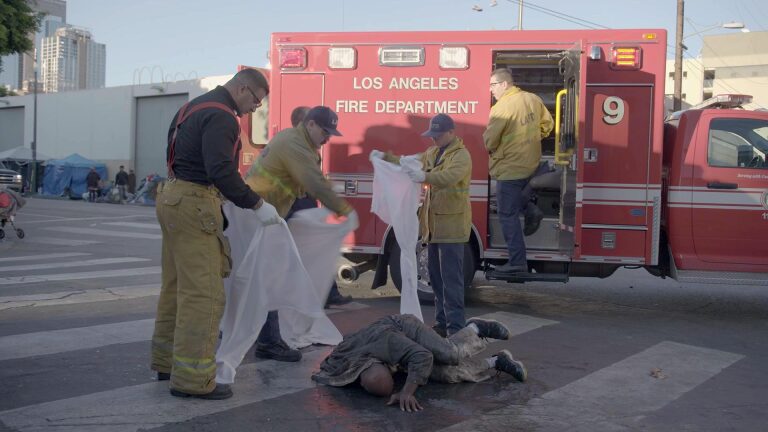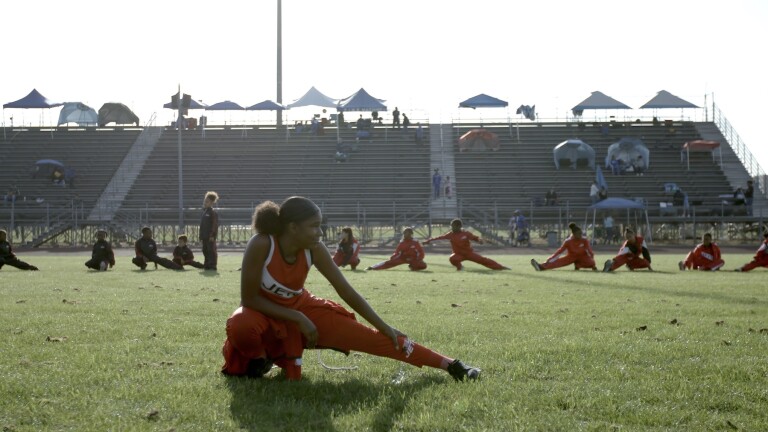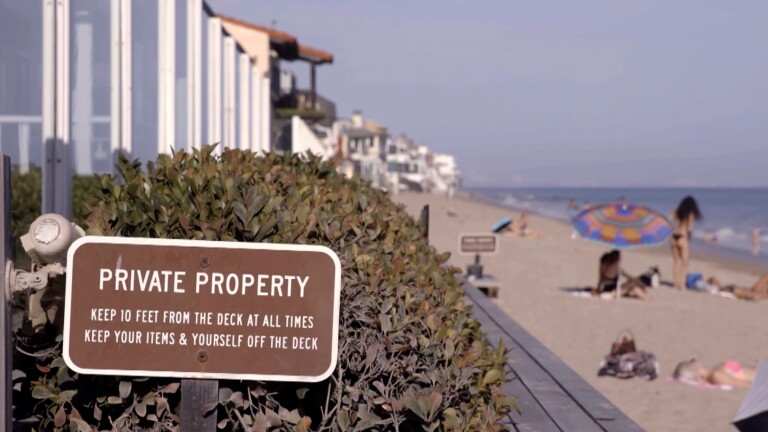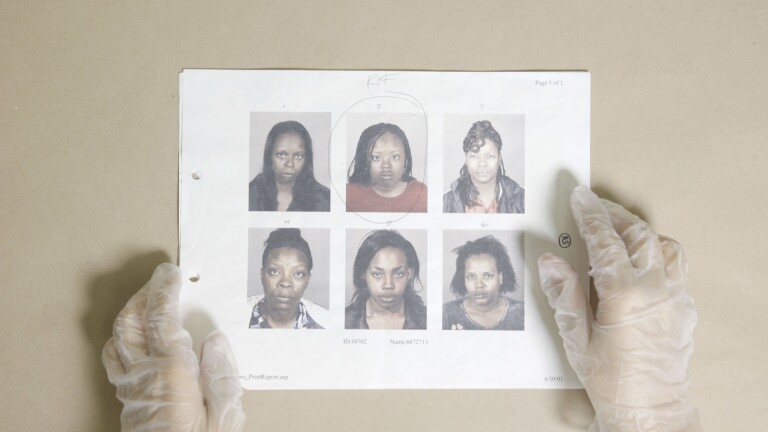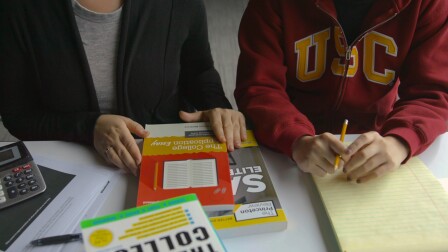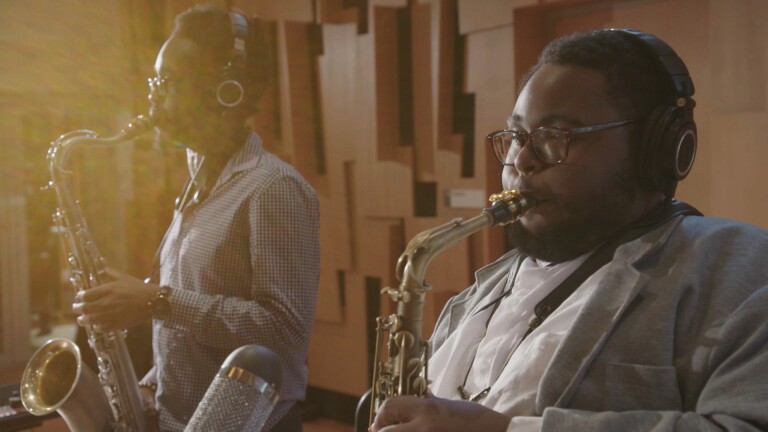January 31, 2011
As prepared for delivery:
Thank you Lt. Governor Newsom, Speaker Perez, President Pro Tem Steinberg, Senate Republican Leader Dutton, Assembly Republican Leader Conway, constitutional officers, members of the legislature, distinguished guests, and my fellow citizens:
First of all, I wish to thank all of you in this chamber for the cordiality and good will that you have extended to my wife and me during these opening days of what will be an extraordinarily difficult and wrenching legislative session.
California faces a crisis that is real and unprecedented. Each of us will have to struggle with our conscience and our constituencies as we hammer out a sensible plan to put our state on a sound fiscal footing, honestly balance our budget and position California to regain its historic momentum.
Although our state's economy has started to recover, we will not create the jobs we need unless we get our financial house in order. It's absolutely essential that we do our work boldly and without delay.
My intention is to make California again a leader in job creation, renewable energy and state of the art efficiency, innovation of all kinds and a solid primary and secondary education. Our universities are world renowned and I intend to see that they continue to enjoy the respect of students and scholars throughout the world. We also have to restructure our criminal justice system, carefully realign state and local government functions, and streamline state government. All of this can happen if we find the courage and summon the will to tackle our budget deficit head on and deal with it honestly and without purpose of evasion.
This is not a time for politics as usual. The stakes are too high. Our overall financial system, which came close to absolute breakdown, has not fully stabilized. Where we go from here'either more austerity or more stimulus is hotly contested. Even the cause of the mortgage meltdown remains in dispute.
Voters are clearly telling us that our state and our nation are going in the wrong direction. Yet, our two main political parties both in Washington and in California are as far apart as I have ever seen them. Still, I know that politics is at the heart of democracy. It is the essence of our structure of freedom and the way in which we as a people make our collective decisions. We owe it to ourselves and to our forebears and to our children--to rise to this occasion, do what is right and regain the public's trust. Kicking the can down the road, by not owning an honest budget, is simply out of the question.
If you are a Democrat who doesn’t want to make budget reductions in programs you fought for and deeply believe in, I understand that. If you are a Republican who has taken a stand against taxes, I understand where you are coming from.
But things are different this time. In fact, the people are telling us--in their own way--that they sense that something is profoundly wrong. They see that their leaders are divided when they should be decisive and acting with clear purpose.
We are still a very rich society. In two years alone, Californians will have added more than $100 billion to their personal income. Yet, our State’s credit rating is the lowest of the 50 states, unemployment is higher than the national average and some journalists are calling California a failed state.
The times call out for vision and for discipline. Discipline so that we live within the revenue which the state collects each year, and Vision so that we rise above mere party, act as Californians first, and put our trust in the people.
Under our form of government, it would be unconscionable to tell the electors of this state that they have no right to decide whether it is better to extend current tax statutes another five years or chop another $12 billion out of schools, public safety, our universities and our system of caring for the most vulnerable.
Let me read to you, Article 2, Section 1 of the California Constitution:
All political power is inherent in the people. Government is instituted for their protection, security and benefit, and they have the right to alter or reform it when the public good may require.
When democratic ideals and calls for the right to vote are stirring the imagination of young people in Egypt and Tunisia and other parts of the world, we in California can't say now is the time to block a vote of the people. In the ordinary course of things, matters of state concern are properly handled in Sacramento. But when the elected representatives find themselves bogged down by deep differences which divide them, the only way forward is to go back to the people and seek their guidance. It is time for a legislative check-in with the people of California.
At this moment of extreme difficulty, it behooves us to turn to the people and get a clear mandate on how we should proceed: either to extend the taxes as I fervently believe or cut deeply into the programs from which--under federal law--we can still extract the sums required. Unfortunately, these would most probably include: elementary, middle and high schools, the University of California, the California State University system, prisons and local public safety funding, and vital health programs.
My plan to rebuild California requires a vote of the people, and frankly I believe it would be irresponsible for us to exclude the people from this process. They have a right to vote on this plan. This state belongs to all of us, not just those of us in this chamber. Given the unique nature of the crisis and the serious impact our decisions will have on millions of Californians, the voters deserve to be heard.
Do I like the choices we face? No. I don't. But after serious study of the options left us by a $25 billion deficit, the budget I have proposed is the best I can devise. If any of you have other suggestions that you think are better, please, share them with us. After all, we are in this together.
In recent days, a lot has been made of the proposed elimination of redevelopment agencies. Mayors from cities both large and small have come to the capitol and pressed their case that redevelopment is different from child care, university funding or grants to the aged, disabled and blind.
They base their case on the claim that redevelopment funds leverage other funds and create jobs. I certainly understand this because I saw redevelopment first hand as mayor of Oakland. But I also understand that redevelopment funds come directly from local property taxes that would otherwise pay for schools and core city and county services such as police and fire protection and care for the most vulnerable people in our society.
So it is a matter of hard choices and I come down on the side of those who believe that core functions of government must be funded first. But be clear, my plan protects current projects and supports all bonded indebtedness of the redevelopment agencies.
From the time I first proposed what I believe to be a balanced approach to our budget deficit - both cuts and a temporary extension of current taxes - dozens of groups affected by one or another of the proposed cuts have said we should cut somewhere else instead. Still others say we should not extend the current taxes but let them them go away. So far, however, these same people have failed to offer even one alternative solution.
As I have said before, I have not come here to embrace delay or denial, but to get the job done. If you have solutions that are truly viable, by all means present them. We need everyone's best thinking.
Wherever I look, I see difficult choices. But I also see a bright future up ahead and a California economy that is on the mend. When we get our budget in balance, California will be in a strong position to take advantage of its many assets and its strategic location on the Pacific Rim. As the countries of Asia and south of our border continue to thrive and expand their trade, our state will play a leading role, as it always has, and reap unimagined benefits.
We have the inventors, the dreamers, the entrepreneurs, the venture capitalists and a vast array of physical, intellectual and political assets. We have been called the great exception because for generations Californians have defied the odds and the conventional wisdom and prospered in totally unexpected ways. People keep coming here because of the dream that is still California, and once here, their determination and boundless energy feeds that dream and makes it grow.
When I first came to Sacramento, Steve Jobs and Steve Wozniak had not yet invented their personal computer. There was no wind generated electricity, and we didn't have the nation's most advanced building and appliance efficiency standards as we later adopted. Of course, Yahoo, Google, Facebook and Twitter did not exist not even in someone's imagination.
California's economy has grown from less than 200 billion dollars when first I came to this rostrum to now over two trillion dollars expected this year. California has been on the move a marvel, even a miracle and some kind of gift.
Yes, I will work with you on the issues from water and realignment to healthcare and prisons, to agriculture, schools, environment and transportation. We must also face the long term challenge of ensuring that our public pensions are fair to both taxpayers and workers alike. Finally, at a time when more than two million Californians are out of work, we must search out and strip away any accumulated burdens or unreasonable regulations that stand in the way of investment and job creation.
But let's not forget that Job Number 1 - make no mistake about it - is fixing our state budget and getting our spending in line with our revenue. Once we do that, the rest will be easy at least easier because we will have learned to work together and earned back the respect and trust of the people we serve.
I look forward to working with all of you.
Thank you.

